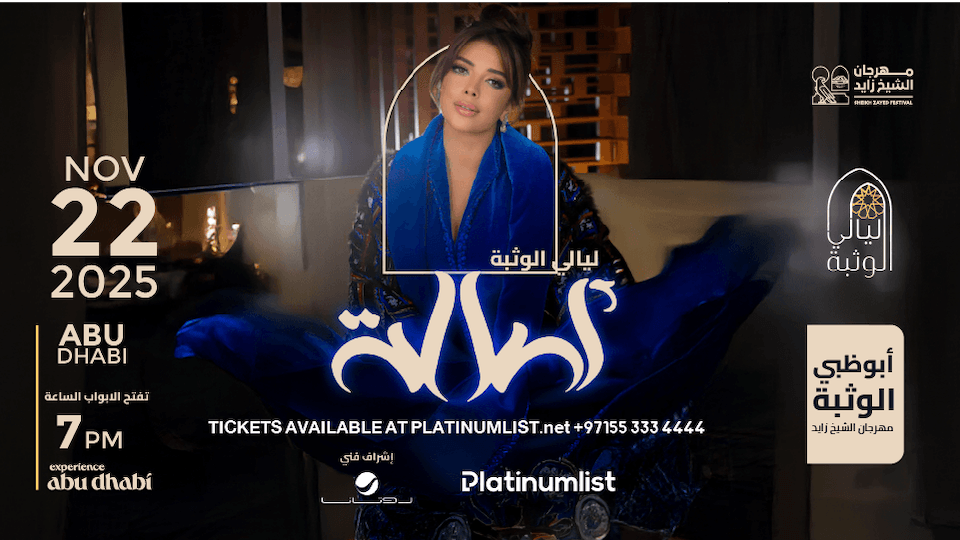
Festival management describes Layali Al Wathba as a “key pillar” of the wider Festival offering, citing its role in elevating the artistic elements of the programme and drawing a diverse audience of families, Gulf-residents and international visitors. The festival, running between 1 November 2025 and 22 March 2026, has set out to deliver more than 4,000 cultural events and 750 large-scale public shows, with 22 countries represented via national pavilions and heritage exhibitions.
Layali Al Wathba concerts will take place weekly on the main stage at the festival site, and will run in parallel with fireworks, drone and laser shows each Saturday evening. The programme is designed to offer both “authentic singing art” as well as “modern performance”, in the festival’s own words, suggesting a deliberate mixing of heritage-oriented content with mass-entertainment dynamics.
Industry observers note the timing is strategic: the festival’s relaunched identity places emphasis on heritage, intercultural dialogue and family-friendly entertainment, in alignment with Abu Dhabi’s broader cultural agenda and hospitality expansion. The festival’s plan to welcome visitors daily from 4 pm to midnight supports the aim of sustaining evening-economy activity and extending dwell‐time on the event grounds.
Ticketing information seen on official platforms shows Layali Al Wathba with Asala priced at AED 200. Transport links and accessibility services to the site in Al Wathba have been detailed by organisers, who emphasise inclusive access with designated parking, bus shuttles, wheelchair and stroller support. Entry is priced at AED 10 for the wider festival venue, with exemptions for children under three, seniors over 60 and People of Determination.
From an artistic perspective, the opening with Asala signals a respect for Arabic music heritage: Asala has long been recognised across the Arab world for her emotive vocals and decade-spanning career. Festival executives suggest the following weeks will feature other leading Arab and Gulf artists, though they have not released names publicly ahead of the opening.
Cultural commentators point out that such festival-based concert series help position Abu Dhabi as a regional hub for entertainment and culture, moving beyond traditional tourist draws. They argue Layali Al Wathba’s mix of music, fireworks and heritage spectacles reflects a shift towards creating immersive, all-in-one event experiences rather than standalone concerts. In the broader context of Gulf competition in live entertainment, the event seeks to attract both domestic audiences and overseas visitors.
At the same time, some industry voices caution that maintaining novelty across a season that spans nearly five months will require programme refreshment and logistical stamina. Weekly shows raise expectations for variety and production quality; organisers will be under pressure to maintain consistent audience engagement.
Topics
Culture
